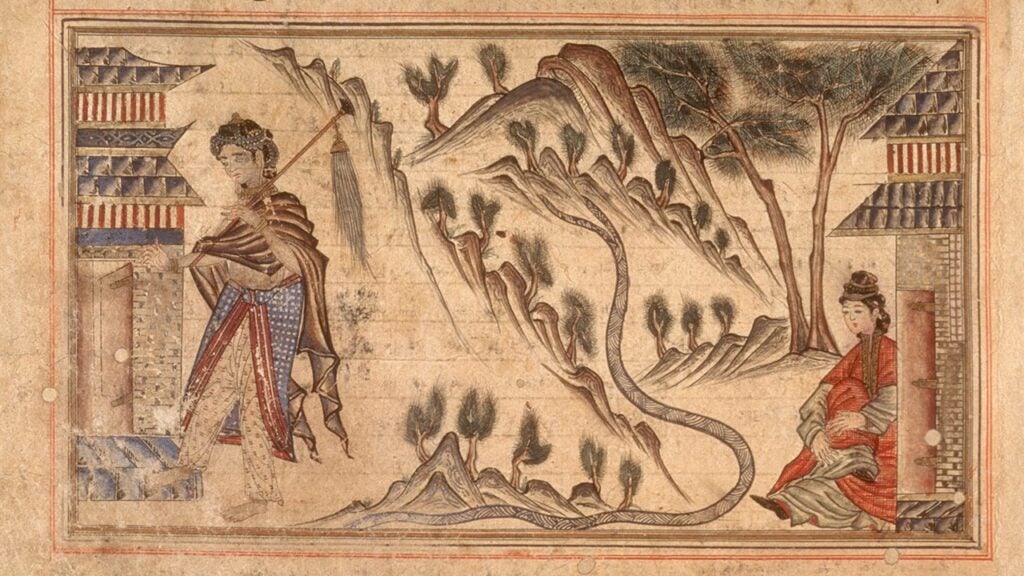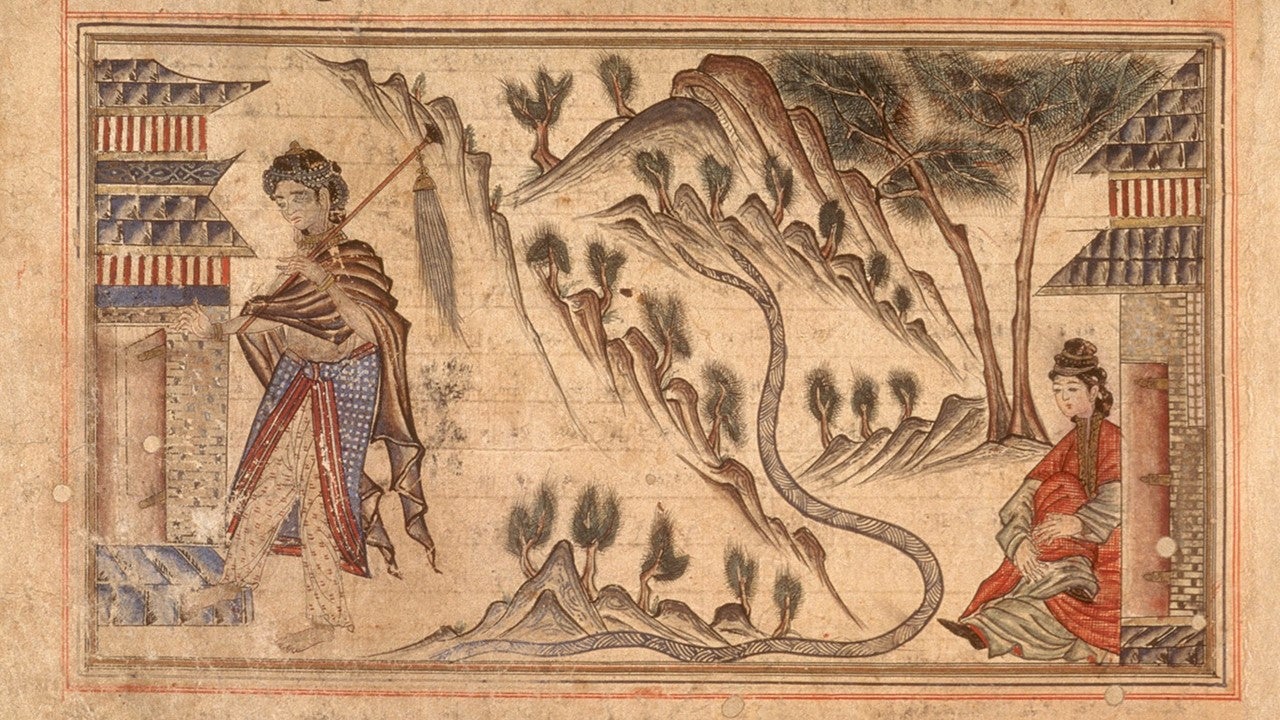Events
ARI ASIA TRENDS 2025 – Why India and China? Historical Significance and Contemporary Relevance
| Date | : | 22 Apr 2025 |
| Time | : | 19:00 - 20:30 |
| Venue | : | Ngee Ann Auditorium |
| Contact Person | : | YEO Ee Lin, Valerie |
This Asia Trends lecture is held in conjunction with the Nalanda Professorship in India-China Studies.
ABSTRACT
The past two decades have witnessed a surge in publications employing a China-India framework to examine Asia and the world. These studies emphasize the role of China and India in facilitating the circulations of religious, artistic, and scientific ideas during the first millennium, the significance of commercial goods and markets in these regions in shaping European colonial expansion, and their enduring influence on global politics and economies since the 1950s. This presentation explores some of these historical contributions and the continuing impact of China and India in the contemporary global arena. It argues that framing these two ancient civilizations—now modern nation-states—together offers a valuable lens for understanding a wide range of topics, from premodern intra-Asian interactions to contemporary global challenges.
PROGRAMME
| 19:00 |
WELCOME REMARKS Prof Tim Bunnell | National University of Singapore |
| 19:05 |
INTRODUCTORY REMARKS Assoc Prof Maitrii V. Aung-Thwin | National University of Singapore (Moderator) |
| 19:10 |
KEYNOTE ADDRESS |
| 19:40 |
PANEL DISCUSSION |
| 20:10 | QUESTIONS & ANSWERS |
| 20:30 | END |
ABOUT THE SPEAKERS
Tansen Sen is Professor of History and the Director of the Center for Global Asia at NYU Shanghai and Associated Full Professor of History at New York University. Previously, he was a faculty member at the City University of New York and the founding head of the Nalanda Sriwijaya Center at the Institute of Southeast Asian Studies, Singapore. He is the author of Buddhism, Diplomacy, and Trade: The Realignment of Sino-Indian Relations, 600-1400 (2003; 2016) and India, China, and the World: A Connected History (2017; 2018). He has co-authored (with Victor H. Mair) Traditional China in Asian and World History (2012), edited Buddhism across Asia: Networks of Material, Cultural and Intellectual Exchange (2014), and co-edited (with Burkhard Schnepel) Travelling Pasts: The Politics of Cultural Heritage in the Indian Ocean World (2019), and (with Brian Tsui) Beyond Pan-Asianism: Connecting China and India, 1840s-1960s (2021). He is currently at the Institute of Advanced Studies in Princeton working on a book on the Ming admiral Zheng He, a collaborative project on China-India interactions during the 1950s, and co-editing (with Engseng Ho) the Cambridge History of the Indian Ocean, volume 1.
Selina Ho is Associate Professor in International Affairs and Co-Director of the Centre on Asia and Globalisation, Lee Kuan Yew School of Public Policy, National University of Singapore. She researches Chinese politics and foreign policy. Specifically, she is interested in how China wields power and influence via infrastructure and water disputes in Southeast Asia and South Asia. Her work stands at the intersection of comparative politics and international relations. Selina is the author of Thirsty Cities: Social Contracts and Public Goods Provision in China and India, co-author of Rivers of Iron: Railroads and Chinese Power in Southeast Asia, and co-editor of The Routledge Handbook of China-India Relations. She has published widely in peer-reviewed journals, including International Affairs, Chinese Journal of International Politics, Journal of Contemporary China, among others. Selina is also a Council Member of the Singapore Institute of International Affairs. From September 2017 to September 2018, she was a Global Futures Council Fellow with the World Economic Forum. Selina received her PhD from The Paul H. Nitze School of Advanced International Studies (SAIS), Johns Hopkins University.
Ronojoy Sen is Senior Research Fellow and Research Lead in Politics, Society, and Governance at the Institute of South Asian Studies and the South Asian Studies Programme at the National University of Singapore. He has a PhD in political science from the University of Chicago and read history at Presidency College, Calcutta. He has worked for over a decade with leading Indian newspapers, most recently as an editor for The Times of India. His latest book is House of the People: Parliament and the Making of Indian Democracy (Cambridge University Press, 2022). He is also the author of Nation at Play: A History of Sport in India (Columbia University Press/Penguin, 2015) and Articles of Faith: Religion, Secularism, and the Indian Supreme Court (Oxford University Press, 2010).
ABOUT THE ARI ASIA TRENDS SERIES
ASIA TRENDS is the Asia Research Institute’s (ARI) signature talk series. It features insights from ARI’s research on social, cultural and political issues facing Singapore and Asia. The series aims to bring together scholars, stakeholders and members of the public to share knowledge and exchange ideas on the trends and challenges affecting society today.
REGISTRATION
Registration is closed. However, we welcome walk-ins to join us, if there are available seats.



